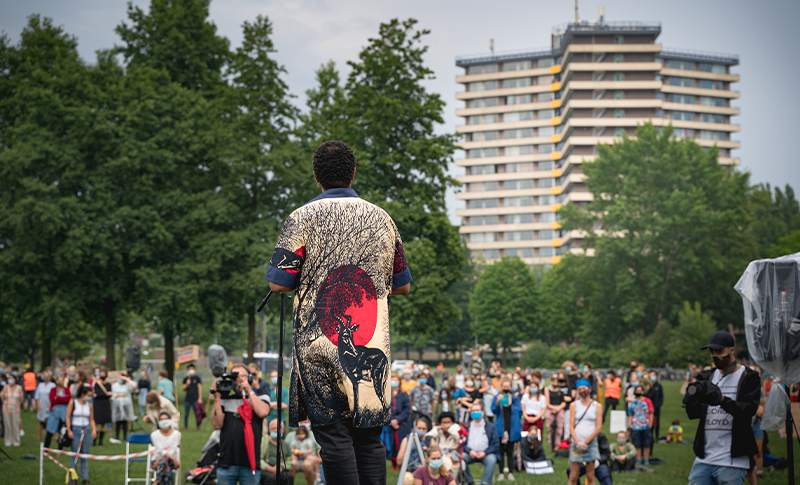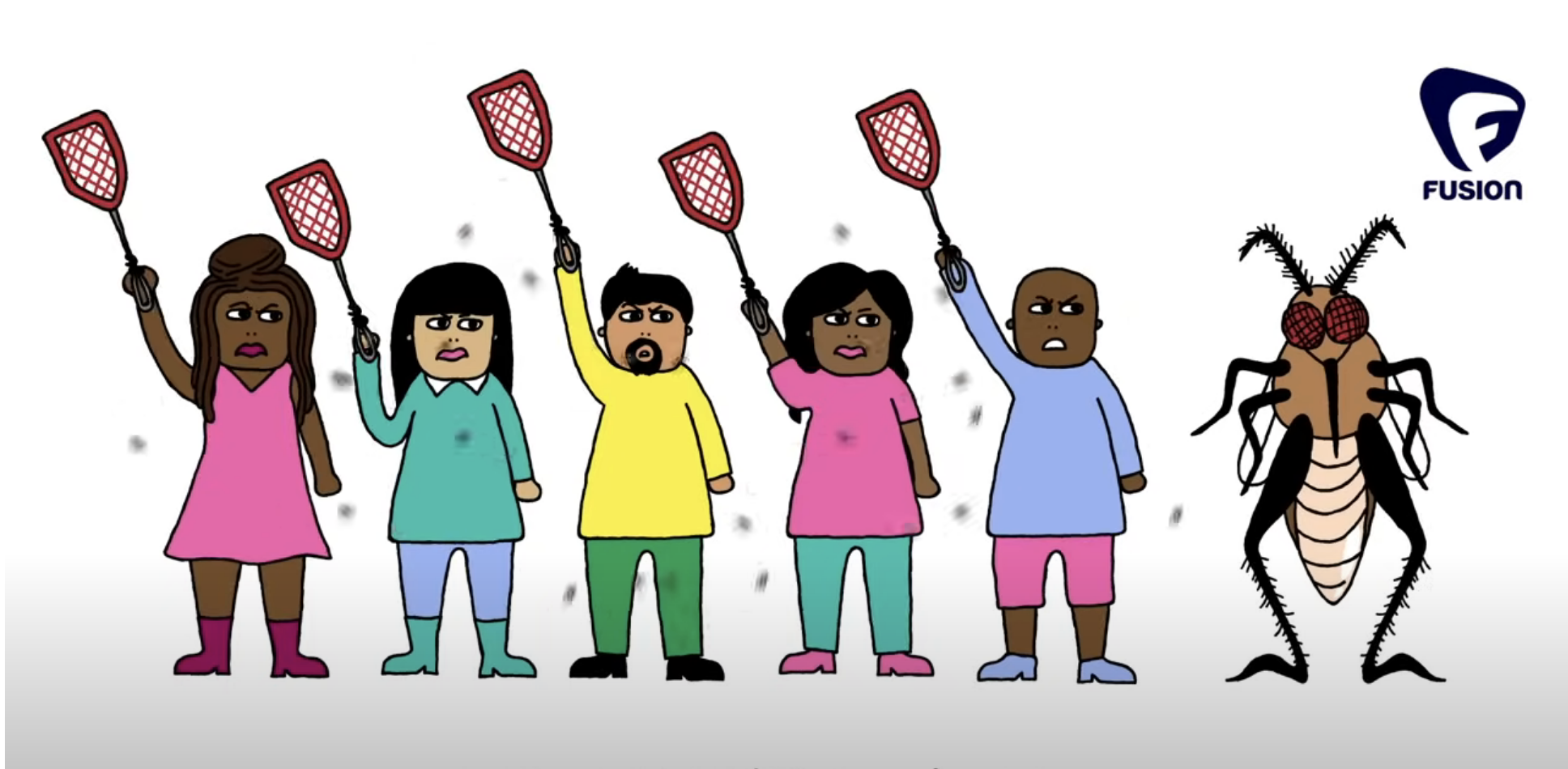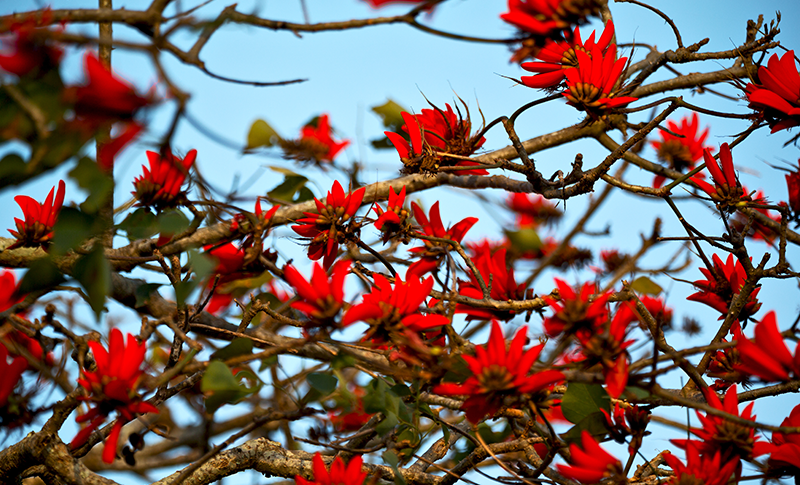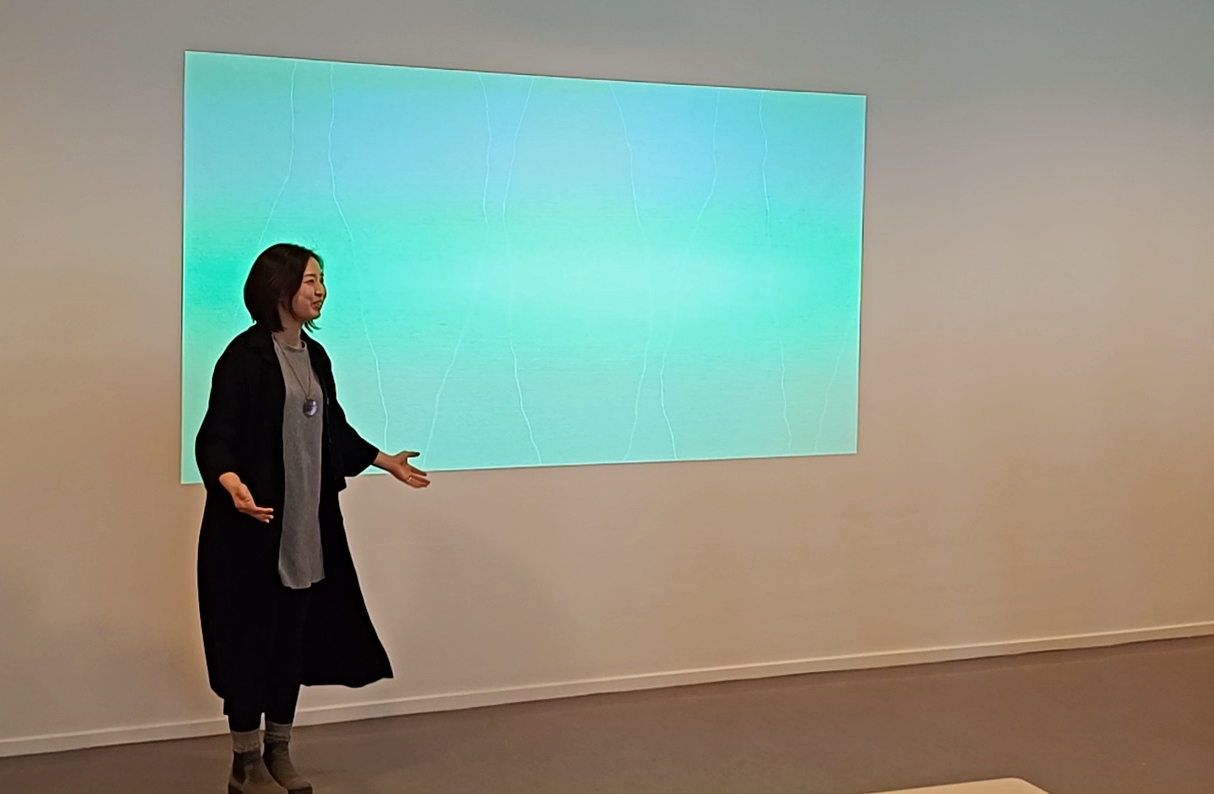DARE, a three-year project to minimize and tackle discrimination, has come to a close. Resource talked to three key actors about this project. ‘There’s a self-image at WUR that we are colour-blind, we’re doing well. But below the surface, there’s much more going on.’
Where does WUR stand after three years of the DARE project?
Schoone: ‘The number of reports of discrimination is increasing: from four reports in 2022 to 12 in 2023. Many of these reports come from Asian people. The two most common forms of discrimination at WUR are racism and sexism. I believe Wageningen has a blind spot for the lack of inclusion, which can lead to people being excluded. There’s this self-image: we are colour-blind, we’re doing well. But below the surface, there’s much more going on. I notice that the conversation about this topic in Wageningen is different than in other places. The polarization between conservative and progressive voices isn’t expressed as openly as in other universities for example. Wageningen mainly has science degree programmes rather than humanities, and they tend to attract less politically engaged and vocal people. The polarization in Wageningen is much more latent.’
Gabriel García Teruel: ‘The issue of racism has become more visible. For example, there are these “find your way” infographics about social safety and how to report discrimination, which are displayed all around university buildings. I think in the whole Wageningen community, including the Executive Board, there is a growing awareness and understanding of discrimination. We are more aware of what is happening and what we should do. Racism is systemic, it’s institutionalized. WUR builds upon its past. Often, it is not that we are willingly racist here right now, but we carry on a racist tradition. One could say that we are all racist to some degree, some more than others. It is embedded in our thinking because of how we grew up, or our education. We must work together to be less racist by calling it out when we see, hear, or experience it.’
What exactly constitutes racism, and what doesn’t, seems to be a point of discussion sometimes.
Schoone: ‘Indeed, what constitutes racism is a difficult question. Not all perceived racism is necessarily racism, but the reverse is true too. If somebody says “It was just a joke, I didn’t mean it like that,” that doesn’t make something non-racist either.’
There is a self-image that we are doing fine
Van der Velde: ‘If I identify something as sexist, people tend to react rather calmly and think to themselves: “Yes, maybe that was a bit sexist.” But if I identify something as racism, people often take it personally and feel attacked. People tend to react fiercely: “I’m not a racist!” I’m not saying they are, but racism really is something that happens. The term discrimination doesn’t seem to provoke people in the same way. While the DARE project originated in the protests and the petition about racism, the scope of the project broadened to encompass all forms of discrimination, and diversity and inclusion.’
What does discrimination and exclusion at WUR look like?
Van der Velde: ‘Sometimes, not all information is available in English, which excludes internationals. Or some students or employees in a group start speaking Dutch, excluding non-Dutch-speaking people who are present. People get called names, or stared at. People are left out of meetings. People have been denied access to buildings they should have been allowed into.’
Schoone: ‘Some PhD candidates from non-Western countries feel like they are treated as second-class citizens, that they are not perceived equally. These are signs of structural racism. Moreover, In April, a Chinese student on campus was the victim of an assault, and I’m aware of more cases of harassment on the Wageningen campus and around student complexes. For example, Chinese students have been prevented from entering their flats, probably by Wageningen youths.
If I see something as racist, people take that personally
Although this is not how WUR students or employees behave, it does add to the feeling of being treated as second-class citizens at WUR. However, discrimination is much more subtle sometimes, such as having lower expectations of a colleague who is a woman wearing a headscarf. It can also be wrapped in a compliment, such as “that is so good for someone of your age”.’
García Teruel: ‘Discrimination can also mean a lack of equal opportunities. Such as the administrative barriers that excluded non-EU students from becoming student assistants, which the university has now changed. We are trying to tackle institutionalized discrimination of the PhD Council, which is only open to PhD candidates with the standard labour contract. Sandwich PhD candidates with a different type of contract are allowed to vote, but cannot be representatives. Many sandwich PhD candidates come from countries outside Europe, leading to the exclusion of certain groups and perspectives.’
Now this project has ended, how should WUR move forward?
García Teruel: ‘We are not there yet, we must keep working on it. I think it is important to have an open and clear recognition of the problem, for example in the new Strategic Plan 2025-2030. I would like to see an explicit commitment by WUR to anti-racism, decolonization, equality and diversity.’
Discrimination can also mean a lack of equal opportunities
Van der Velde: ‘This project is ending, but the work isn’t over. And that goes not only for the Diversity and Inclusion team, but for us all. We hope that more people are willing to raise questions and actively search for different perspectives. This might not be comfortable, but it is how we grow and learn as an organization.’
The roots of the DARE project
George Floyd, a Black person, was killed by a police officer in the United States in 2020. This ignited a wave of ‘Black Lives Matter’ protests all around the globe, including the Netherlands. The Anti-Racist Association of Wageningen launched a petition calling for an investigation by WUR into institutional racism within the organization. The petition was presented to WUR in 2020. That prompted the start of a series of dialogues and the three-year DARE-project. The main aim was to tackle and minimize racism and discrimination within WUR. DARE addresses Decolonization, Anti-Racism, anti-discrimination, Equity and equal chances. This three-year project came to an end in April 2024.
Discrimination and racism are related terms. How are those two terms defined by the DARE project?
Van der Velde, Social Safety Programme Manager and one of the DARE project coordinators: ‘The prohibition of discrimination based on race is stated in Article 1 of the Dutch constitution. “Racism” is not a legal term. However, there are sociological or commonly accepted definitions of racism. The broader term is discrimination, of which racism is a form. Discrimination involves making an undesired distinction, resulting in unequal treatment or exclusion of people. This can occur at an individual level as well as at an institutional level. When it occurs based on ethnicity, we call it racism. It can sometimes be difficult to prove racism because it can be a motive, starting point, or outcome. On a personal level, this includes stereotypes in one’s mind. At an institutional level, it also involves power imbalances within an organization. In DARE, our focus wasn’t so much on proving it, but on recognizing patterns and addressing them.’

 The #BLM protest in Wageningen on 14 June 2020. Photo Sven Menschel
The #BLM protest in Wageningen on 14 June 2020. Photo Sven Menschel 

